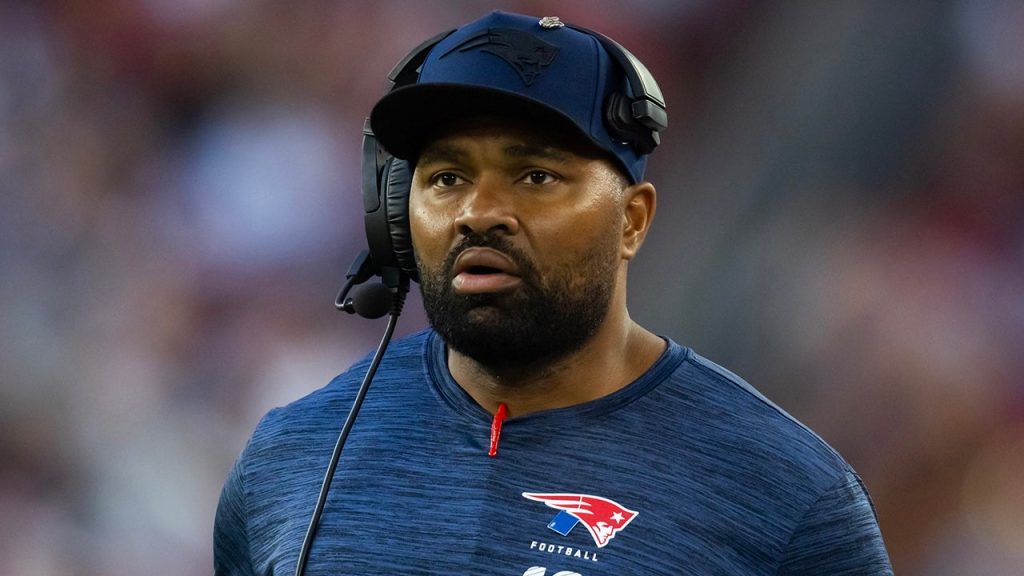The New England Patriots’ decision to dismiss head coach Jerod Mayo after a single season sent shockwaves through the NFL. While the team’s final victory against the Buffalo Bills offered a glimmer of hope, it wasn’t enough to convince owner Robert Kraft to retain Mayo for the 2025 season. Kraft publicly shouldered the blame for the situation, expressing regret for placing Mayo in what he described as an “untenable situation.” He acknowledged Mayo’s potential as a head coach but lamented the lack of time afforded to him to develop and thrive in the role. The dismissal, a difficult decision for Kraft, stemmed from the team’s underwhelming performance throughout the season, which failed to meet Kraft’s expectations for improvement.
Mayo’s journey with the Patriots began as a player, contributing to a Super Bowl victory during his eight-year tenure. Following his playing career, he transitioned into coaching, serving as a linebackers coach under the legendary Bill Belichick. The expectation was that Mayo would carry the “Patriots’ way” into his head coaching role, but his approach diverged significantly from his predecessor’s. A report from The Athletic shed light on a specific incident that highlighted this difference. Following a disheartening loss to the Arizona Cardinals, Mayo chose to engage in a card game with players on the team flight home rather than reviewing game film with his coaching staff. This unconventional approach, while not necessarily wrong, raised eyebrows among those within the organization who were accustomed to a more traditional post-game analysis routine.
This incident, recounted by sources on the plane, underscored a broader concern regarding Mayo’s coaching style. While some attributed his actions to a simple desire to connect with his players, others perceived it as a deliberate attempt to distance himself from the Belichick era. This desire to differentiate himself, according to sources, manifested in a more relaxed approach to discipline. Mayo sought to cultivate a “players’ coach” persona, contrasting sharply with Belichick’s more authoritarian style. However, this attempt to foster a more relaxed atmosphere, perhaps coupled with the pressures of his first head coaching position, seemingly made it difficult for Mayo to effectively enforce necessary disciplinary measures.
The contrast between Mayo’s approach and Belichick’s long-established methods became a focal point of analysis following the dismissal. Belichick, known for his meticulous preparation and demanding approach, had cultivated a culture of discipline and unwavering focus on game analysis. Mayo, on the other hand, seemed to prioritize fostering a more relaxed and player-centric environment. While this approach may have resonated with some players, it also presented challenges in maintaining the level of accountability and structure that had been a hallmark of the Patriots under Belichick. The shift in leadership style, while potentially well-intentioned, ultimately contributed to a perceived lack of discipline and focus, factors that likely influenced the team’s overall performance and ultimately, Mayo’s dismissal.
Kraft’s public acknowledgment of his role in Mayo’s struggles further complicates the narrative. By stating that he placed Mayo in an “untenable situation,” Kraft suggests that the young coach was not adequately prepared or supported for the immense pressure and responsibility of leading the Patriots. This statement raises questions about the decision-making process that led to Mayo’s appointment and whether the organization provided him with the necessary resources and guidance to succeed. It also suggests that the expectations placed upon Mayo, following in the footsteps of a coaching legend like Belichick, may have been unrealistic given his limited experience.
The Mayo era in New England, though brief, serves as a case study in the complexities of NFL coaching transitions. It highlights the challenges of following a legendary figure, the potential pitfalls of attempting to drastically alter an established team culture, and the importance of aligning coaching philosophy with organizational expectations. While Mayo’s approach may have held promise, the results on the field and the perceived disconnect between his methods and the Patriots’ established culture ultimately led to his premature departure. The situation underscores the immense pressure and scrutiny faced by NFL head coaches, particularly those inheriting a legacy of success, and the fine line they must walk between innovation and adherence to established norms.

